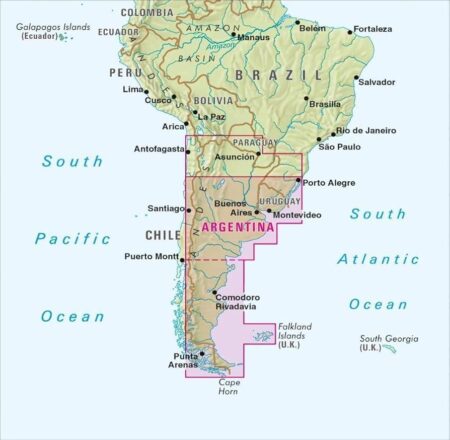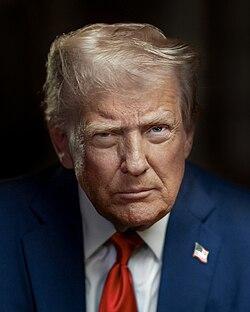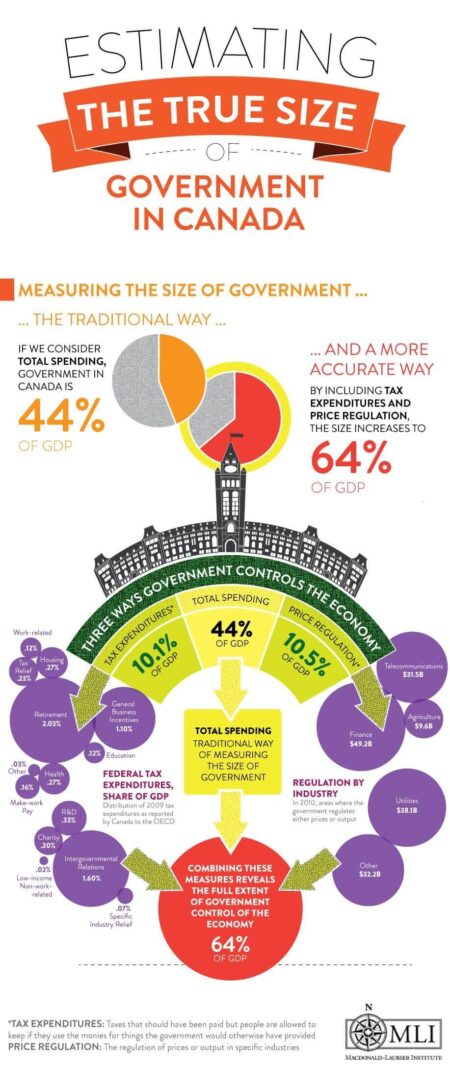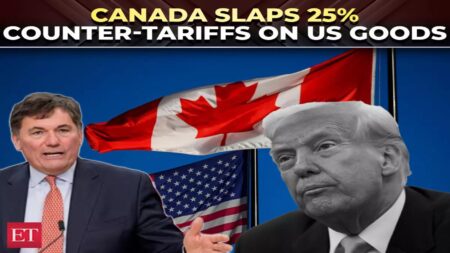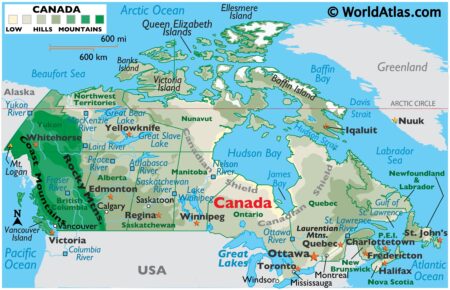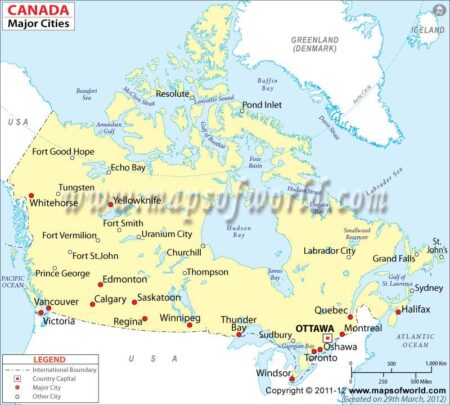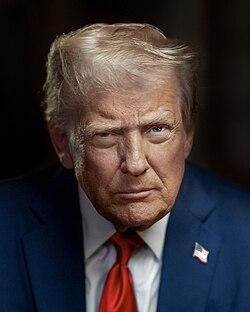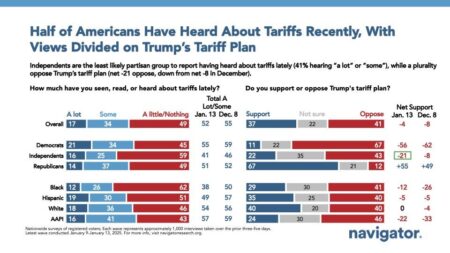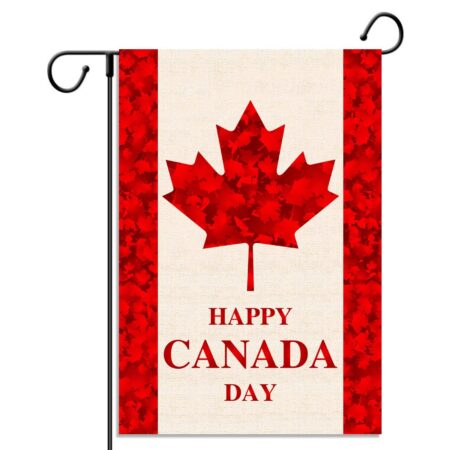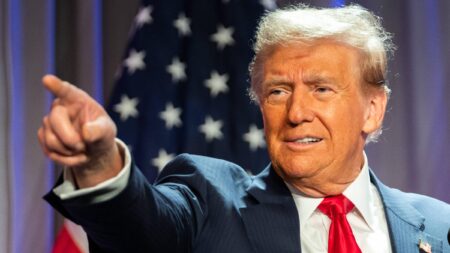Argentina and Puerto Rico are ready to light up the court in a thrilling basketball showdown at Chicago’s legendary Soldier Field. Get ready for heart-pounding action as these two powerhouse teams go head-to-head, fighting passionately for international glory and pride!
Browsing: North America
Facing rising trade tensions under the Trump administration, Canada is now looking to Mexico to build stronger economic ties. This bold move seeks to sidestep U.S. uncertainties and create an unprecedented level of stability in North American trade
A fresh analysis sets Canada and the U.S. head-to-head in a dramatic showdown over government spending, asking: which nation is the real budget “basket case”? Skyrocketing deficits and growing debt fuel a fiery debate on fiscal responsibility across North America
Most of Canada’s counter-tariffs on U.S. goods have now been lifted, marking a significant step toward easing trade tensions between the two countries. This encouraging progress follows months of intense negotiations aimed at restoring a smoother and more collaborative bilateral trade relationship
Canadian online sellers are gearing up for the end of duty-free shipping to the U.S., confronting higher costs and potential declines in sales. This marks a significant turning point in cross-border e-commerce, CBC reports
Canada has announced it will lift most retaliatory tariffs on U.S. goods, marking a significant breakthrough in easing trade tensions between the two neighbors. This move follows encouraging progress in bilateral talks aimed at resolving ongoing disputes, Al Jazeera reports
Canada’s Foreign Minister celebrated the strong U.S.-Canada alliance and passionately reaffirmed steadfast support for Ukraine, calling for enhanced security guarantees as the conflict intensifies, during a recent PBS interview
Several Canadian cities have abruptly canceled performances by a prominent US Christian nationalist, sparking widespread concern over hate speech and public safety. These cancellations have ignited a fierce debate about free expression and the core values that define our communities
Trump ramps up trade tensions with Canada following their recent stance on Palestine, Reuters reports. This move marks a new and challenging chapter in U.S.-Canada relations amid the evolving Middle East diplomatic crisis
Canada’s recent measles outbreak has surged past the number of cases reported in the U.S., raising urgent public health alarms. Authorities are urging an intensified vaccination drive to halt the virus’s rapid spread
Canada’s Finance Minister Mark Carney expressed deep disappointment over U.S. President Donald Trump’s tariffs, warning they could seriously harm North American trade relationships and drag down economic growth, The Wall Street Journal reports
Canada’s Vasek Pospisil fought valiantly but was narrowly defeated by Facundo Bagnis in an electrifying showdown at the National Bank Open. With this hard-earned win, Bagnis advances to the next round, bringing Pospisil’s remarkable journey to a close
Canada’s Enbridge is making a bold leap with a $900 million investment in a Texas solar project, dramatically expanding its renewable energy portfolio. This thrilling move underscores Enbridge’s unwavering commitment to clean energy as demand skyrockets
Canadian boycotts of U.S. products are beginning to deliver a significant blow to American businesses, particularly in agriculture and retail. Market analysts warn that these actions could escalate trade tensions between the two nations even further
The Trump administration’s move to slap a 35% tariff on Canadian goods has ignited fierce tensions between the U.S. and Canada, pushing trade relations to a breaking point and sending shockwaves through industry leaders on both sides
In a surprising twist, former U.S. President Donald Trump warmly wished Canadians a happy Canada Day, highlighting the strong ties and shared values that unite the two countries. The Globe and Mail explores the significance of this rare diplomatic gesture
Former President Donald Trump has announced he is “terminating” all trade talks with Canada, escalating tensions between the two neighboring countries, Politico reports. This striking decision signals a dramatic shift in U.S.-Canada trade relations
In Alberta, separatist groups are enthusiastically rallying behind former U.S. President Donald Trump, viewing him as a formidable ally. His bold populist message resonates deeply amid rising frustration with federal policies and escalating economic challenges
A major airline is transforming travel between North America and Spain with thrilling new direct routes and enhanced services. Explore all the must-know details for a smooth, unforgettable journey on your next European getaway!
India and Canada are determined to heal the wounds caused by the tragic killing of Sikh activists. Both nations are focused on restoring trust, strengthening diplomatic bonds, and joining forces to overcome shared challenges in the wake of this heartbreaking event

